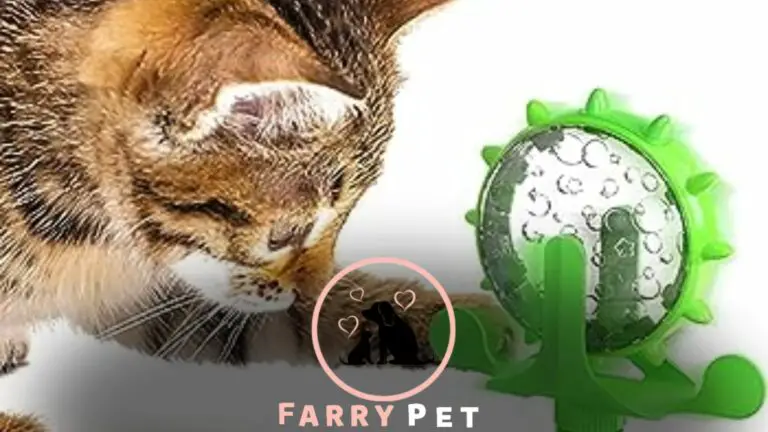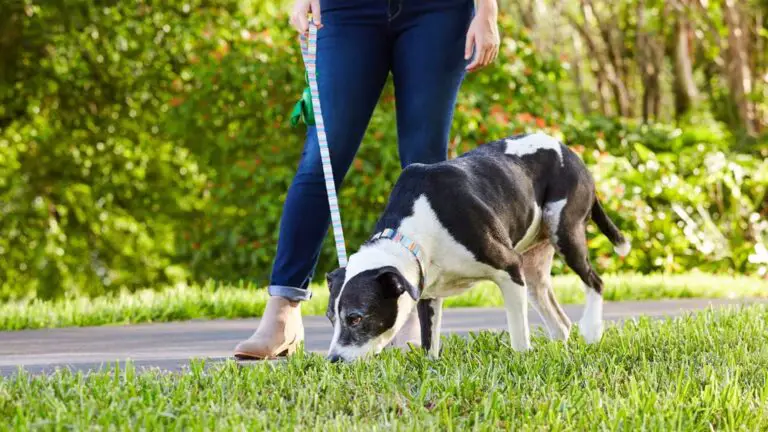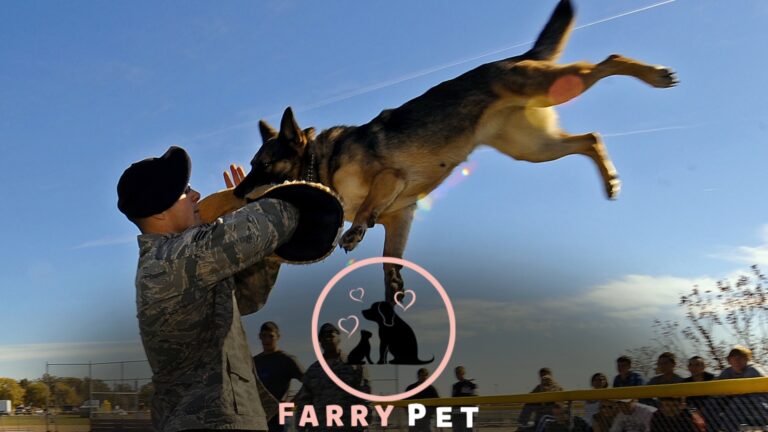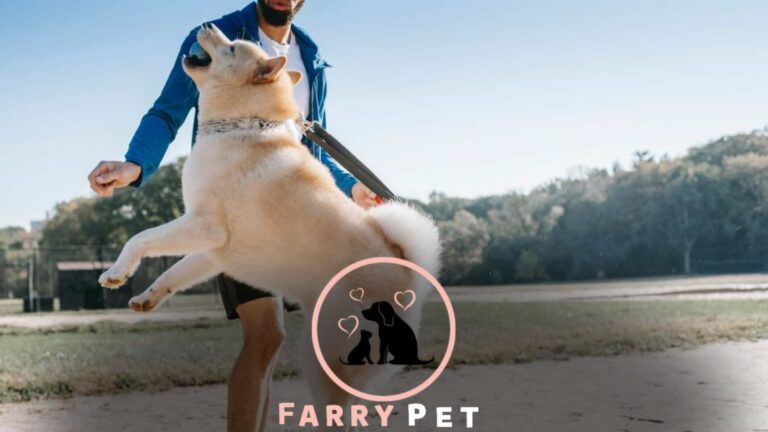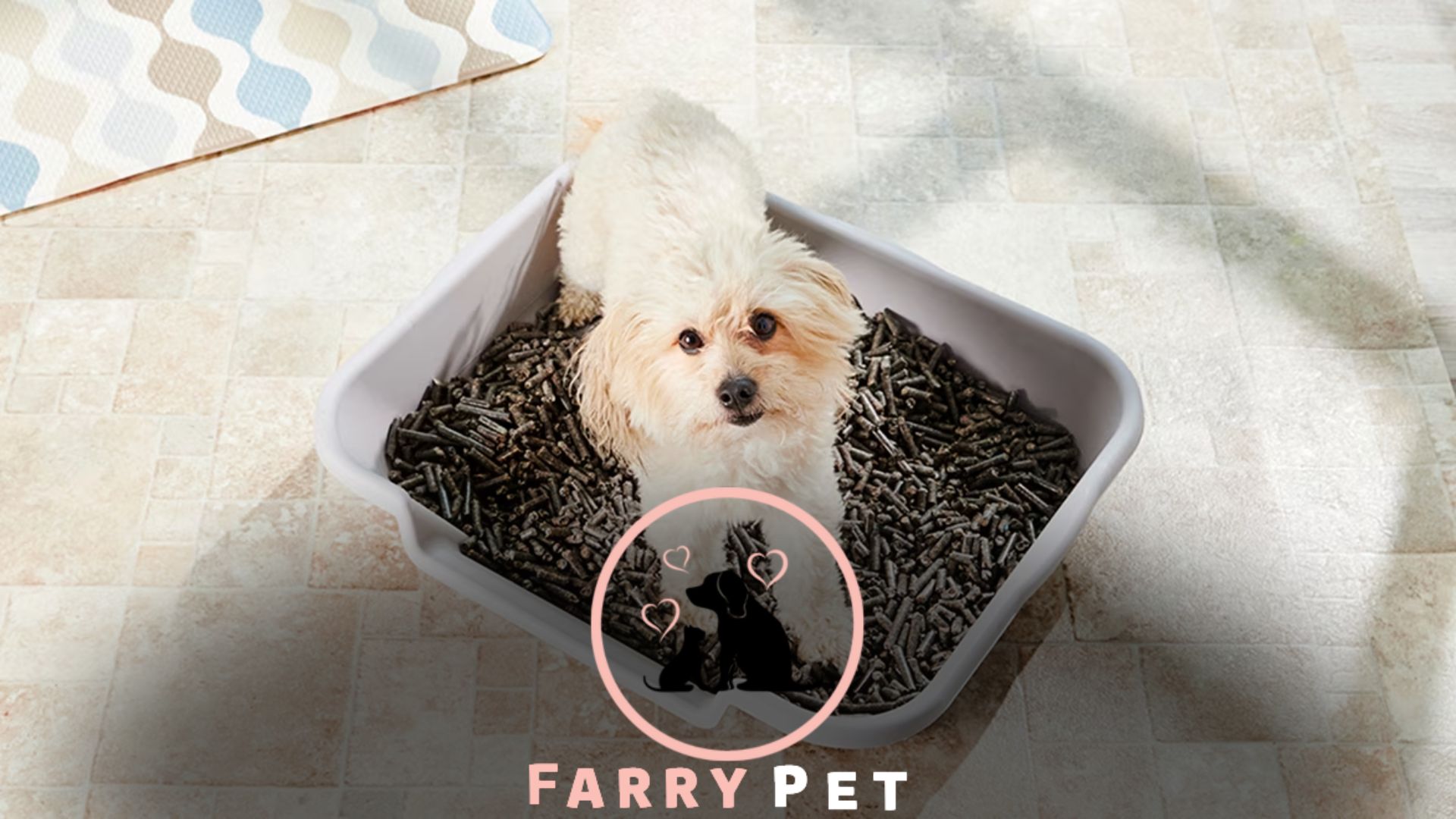
Yes, small dogs can be litter box trained. Litter box training is viable for small dog owners who want an indoor potty solution.
This method can work well for small breeds, such as Chihuahuas, Miniature Poodles, or Yorkshire Terriers.
Litter box training involves teaching the dog to eliminate in a designated area with the help of a training tray or a small litter box filled with appropriate litter material.
It provides convenience for dog owners with limited access to outdoor spaces or live-in apartments. Proper training, consistency, and positive reinforcement are key factors in successfully litter box training a small dog.
Can Small Dogs Be Litter Box Trained?
Different Methods of Litter Box Training for Small Dogs
Small dogs can indeed be litter box trained, and this method offers several benefits.
Firstly, it ensures the dog’s and its owner’s cleanliness and hygienic living conditions.
Secondly, it provides convenience, especially for busy individuals who may not have the time or opportunity to take their small dogs outside for regular bathroom breaks.
Different methods are available for litter box training small dogs, each with its own advantages. Some trainers recommend using a litter box specifically designed for dogs, while others suggest using a regular cat litter box.
Additionally, some trainers use artificial grass pads, while others prefer paper or other absorbent materials.
Regardless of the method chosen, consistency and positive reinforcement are key to successfully litter box training small dogs. With patience, dedication, and the right training approach, small dogs can adapt to using a litter box effectively and comfortably. You might be wondering, “How long does service dog training take?” We delved into this topic and provide some insights.
Traditional Litter Box Training for Small Dogs
Litter box training can be effective for small dogs. Choosing the right size litter box is essential so the dog can comfortably use it. When introducing the dog to the litter box, place it in a quiet and easily accessible area.
Encourage the dog to explore the box by placing treats or toys inside. If accidents happen outside the litter box, clean them up without scolding the dog.
Consistency is key in the training process. Take the dog to the litter box regularly, especially after meals or naps.
Positive reinforcement, such as praise or treats, can help reinforce the desired behavior. Small dogs can learn to use a litter box with patience and persistence.
Alternatives to Traditional Litter Box Training for Small Dogs
Litter box training for small dogs can be challenging, but alternatives exist. One option is using an artificial grass litter box, mimicking the outdoor environment. This provides a familiar surface for dogs to relieve themselves on.
Another alternative is to train small dogs to use indoor puppy pads, which are absorbent and easy to clean. This method can be particularly useful for dogs that do not have access to the outdoors.
Additionally, for small dogs with outdoor access, litter box training can still be possible.
By placing a litter box outside in a designated area, dogs can learn to use it when they are outside. These alternatives can provide convenience and ease for small dog owners looking for different options for potty training.
Addressing Challenges in Litter Box Training for Small Dogs
Addressing challenges in litter box training for small dogs: common problems encountered during this process include resistance to the litter box and accidents outside the designated area.
To troubleshoot these issues, create a positive association with the litter box through rewards and praise.
Ensure that the litter box is easily accessible and meets the needs of your small dog. If accidents occur, clean them thoroughly to prevent lingering odors that may deter your dog from using the litter box.
Additionally, be aware of potential health concerns, such as urinary tract infections, which may affect litter box training.
Monitor your dog’s behavior and consult a veterinarian if necessary.
By addressing these challenges, you can successfully litter box train your small dog and maintain a clean and comfortable living space for both of you.
We often hear about drug-sniffing dogs, but are drug dogs trained to smell the nicotine as well? We answerd this intriguing question in this article.
Myths and Misconceptions About Litter Box Training for Small Dogs
Litter box training for small dogs is not as complicated as some may believe. Concerns about mess and odor often surround this training method, but they can be addressed easily.
Small dog breeds can indeed be successfully litter box trained, debunking the misconception that it only works for larger dogs.
With proper guidance and consistency, small dogs can adapt to using a litter box just as effectively. These misconceptions can be dispelled by gradually introducing the litter box and providing positive reinforcement.
Remember that each dog is unique, so patience and understanding are key when training small dogs to use a litter box.
So, don’t let the myths discourage you – small dogs can be litter box trained with the right approach and effort.

Frequently Asked Questions
Can You Teach a Small Dog to Use a Litter Box?
Yes, you can teach a small dog to use a litter box. Small dogs can adapt well to litter box training if introduced correctly. Begin by choosing a suitable litter box size for your dog. Place the litter box in a quiet and accessible area.
Encourage your dog to use the litter box with positive reinforcement, such as treats or verbal praise, whenever they use it correctly. Consistency is key, so take your dog to the litter box regularly, especially after meals and naps.
If accidents occur, clean them promptly and avoid punishing your dog, which can lead to anxiety and hinder their progress. Your small dog can learn to use the litter box with patience and repetition.
Are Small Dogs Harder to Potty Train?
Potty training small dogs can be more challenging due to their tiny bladders and higher metabolism. Their small size means they have limited control over their bodily functions and may require more frequent trips outside.
Consistency, patience, and positive reinforcement are key to successful potty training.
Establish a regular schedule for bathroom breaks and reward your dog for successful elimination. Avoid punishing accidents and instead focus on reinforcing good behavior.
Crate training can also be helpful to prevent accidents when you can’t supervise your dog. Small dogs can be potty trained with consistent training and a little extra patience.
Remember to be gentle and understanding throughout the process.
What Pets Can Be Trained to Use a Litter Box?
Cats are the primary pets that can be trained to use a litter box. Cats have an instinct to bury their waste. However, rabbits can also be trained to use a litter box, as they designate a specific area for elimination.
Some small mammals, like rats and ferrets, can also be trained to use a litter box. It may take time and patience to train these pets successfully, but it is possible.
Should I Litter Box Train My Chihuahua?
Yes, it is possible to litter box train a chihuahua. Chihuahuas are intelligent and adaptable dogs. Training them to use a litter box can help prevent accidents in the house and make it more convenient for you.
To start litter box training, choose a suitable litter box and place it in a designated area.
Use rewards and positive reinforcement to encourage your chihuahua to use the litter box. Start by confining them to a small area with the litter box, gradually increasing their access to the rest of the house.
Be patient and consistent with the training process.
Keep the litter box clean and accessible at all times. With time and consistency, your chihuahua can learn to use the litter box for their bathroom needs.
Can Small Dogs Be Litter Box Trained?
Small dogs can be litter box trained using positive reinforcement, consistency, and patience.
Conclusion
Overall, small dogs can be litter box trained, but it requires patience, consistency, and positive reinforcement. While it may not be the traditional method for housebreaking a small dog, it can be a practical solution for those living in apartments or with limited outdoor space.
By following simple guidelines, such as using an appropriate-sized litter box, choosing the right litter, and providing regular and timely bathroom breaks, small dogs can quickly learn to use a litter box just like their larger counterparts.
It’s important to remember that each dog is unique, and some may take longer to adapt than others.
However, with consistent training and positive reinforcement, litter box training can be a successful and convenient option for small dog owners.
So, don’t hesitate to try it and enjoy the benefits of a litter box-trained small dog in your home.

![Can You Still Train a 1-Year-Old Cat? [Possibility Study]](https://farrypet.com/wp-content/uploads/2023/08/Packing-Tips-for-Moving-65-768x432.jpg)
